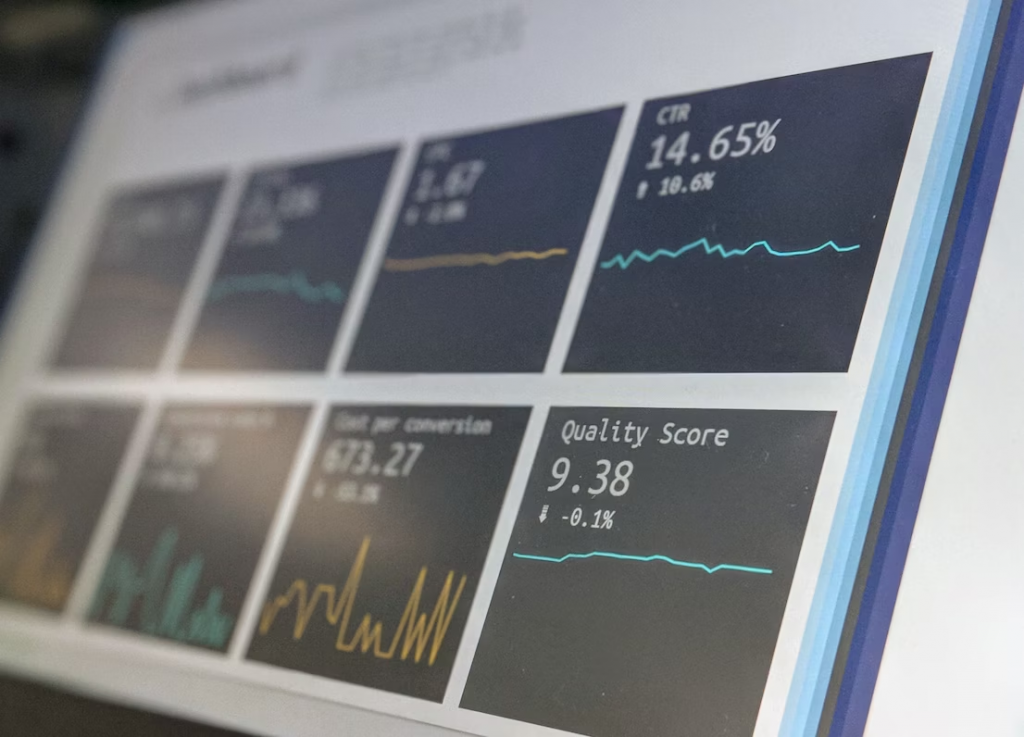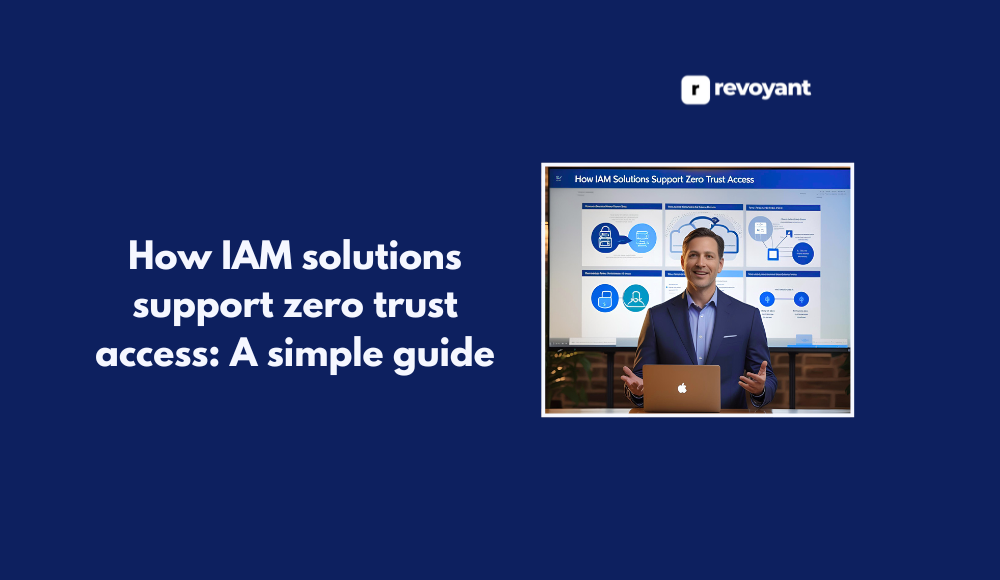Data collection is one of the main components to a competitive digital strategy, research, and automation. In the past, it was slow and manual. But now, artificial intelligence (AI) is changing everything, especially when combined with proxy technology.
You’ll learn how AI and proxies work together, what this means for different industries, and why you should consider it.
It’s important to note that you will have to set up your AI workflows in order to achieve the benefits mentioned in the article. It means that these benefits serve only as guidelines and you will have a lot of flexibility in configuring your AI setup, and the outcomes will rely heavily on your capabilities as a developer.
Key takeaways:
- AI and proxies can enable more efficient and cleaner data collection.
- Businesses across different industries can benefit significantly from data collection.
- You can use the gathered data to adjust your pricing, marketing, product design, and communication strategies.
Understanding Proxies in Data Collection
A proxy acts like a middleman between your device and the internet. When you send a request (like visiting a website), it goes through the proxy. That proxy masks your real IP address and may assign a new one from another location or country.
It’s important for data collection because many websites set limits. They might block a user who sends too many requests and they often block known data scrapers. Proxies help avoid these blocks by rotating IPs, mimicking real user’s behavior, and accessing geo-restricted content.
If you’re into large-scale web scraping, then it’s imperative that you have a wide pool of proxies to choose from. Otherwise, you’ll keep bumping into anti-scraping measures and it will slow down your scraping efforts significantly.
How AI Affects Data Collection
AI transforms raw data collection into a more intelligent process that learns, filters and adapts while gathering the data. Here’s how it changes the process:
- Pattern recognition. AI can detect patterns in web traffic, user behavior, and content types. It allows to focus only on the most valuable data.
- Anomaly detection. AI spots outliers, like a sudden spike in fake reviews or pricing errors, and flags them.
- Decision-making. Based on real-time conditions, like website response time, CAPTCHA triggers, and more, AI can adjust the scraping strategy.
AI may improve the quality, reduce waste, and increase efficiency of data collection. Without it, the process of getting and extracting the exact data that you need may take a lot longer.

Free to use under the Unsplash License
How AI and Proxies Work Together
Imagine a retail company trying to track competitor prices around the world. Manually doing so is practically impossible. Using proxies alone can help them avoid bans, but a website can change its layout or add bot protections, and your scraper will fall.
Here’s how AI and proxies handle it together:
- Smart targeting. AI can identify which pages have pricing data and skip irrelevant ones.
- Adaptive access. If a site blocks certain proxies, you can use rotating sessions to switch to others.
- Auto-CAPTCHA handling. AI can detect when a CAPTCHA is triggered and decide how to respond (like rerouting the request or delaying it).
- Schedule optimization. AI can choose the best times to collect data with lower chances of triggering suspicion.
Use Cases
We’ve seen how it works in theory, now let’s put it into a real-world scenario where you’ll see how it works in action across different industries.

Free to use under the Unsplash License
Ecommerce
In ecommerce, companies usually need real-time pricing, product availability, and competitor insights. But websites often have anti-bot systems in place, rate limits, geo-restrictions, or other measures to stop large-scale scraping.
AI can help you navigate around these blocks. When used with rotating proxies, it can simulate human-like browsing patterns, reduce detection risks, and adjust strategies on the go.
Let’s say a product page layout changes overnight. AI can detect this and adjust the scraper’s behavior in real-time without needing manual fixes.
Proxies let the scraper rotate IP addresses to access localized versions of ecommerce sites. It means that a business in the U.S. can see how a product is priced in Germany, Japan, Brazil, or any other country in the world.
AI can then filter and structure this data by removing duplicates, detecting fake listings, and flagging sudden price drops. As a result, you get clean and reliable data on pricing, promotions, and product trends across global markets.
Cybersecurity
Security analysts need access to the deepest parts of the internet to find early threat signals. That includes hacker forums, leaked databases, phishing domains, dark web, and more. But these sources can be hard to reach. Some are region-blocked, and others intentionally block known security bots.
Proxies make it possible to reach these hidden places without exposing the source. Residential and mobile proxies help avoid detection by blending in with real user traffic.
AI then can take over. It reads huge volumes of content, flags suspicious phrases, identifies recurring threats patterns, correlates events across sites, and more, depending on how you set it up.
For example, if a new malware strain is being discussed in some forum and a related phishing domain appears two hours later, AI can potentially make that connection in real time.
It can also learn what’s worth tracking so it doesn’t flood analysts with thousands of irrelevant alerts.
Finance
In finance, the speed and accuracy of data collection can mean a lot of money gained or lost. Companies rely on real-time market data, global news feeds, social media sentiment, and regulatory updates. But these sources update rapidly and aren’t always that easy to access.
Proxies give access to location-specific financial news, foreign exchange rates, or stock prices restricted to certain IPs. AI then can process and score this data by source quality, sentiment, and urgency.
A breaking news story in Tokyo about a major company can be captured, translated, and flagged before it even hits the U.S. news.
AI can also help with predictive analytics and analyze historical market behaviors. Then, it can compare them with current events and suggest likely outcomes.
Travel Aggregators
Travel prices don’t stay still. Airlines, hotels, and booking platforms adjust pricing dynamically, sometimes every few minutes, based on location, device, time of day, and even browsing history.
Proxies help travel platforms see real prices from different regions. For example, a user in Italy may see a different flight price than a user in India. By using rotating proxies, platforms can simulate searches from dozens of locations at once.
But scraping travel sites isn’t easy. They often have strong bot protections, and that’s where AI can help. It can detect when a site starts throttling traffic, identify CAPTCHA challenges, and adapt by rerouting, slowing requests, or integrating with solving tools to remain undetected..
It can also compare historical pricing trends and predict when prices might drop. It gives users better deals, and companies get a competitive edge.
Ethical Challenges Regarding AI and Scraping
While data collection is a strong solution, it’s also important to do it right. There’s a fine line between competitive intelligence and privacy invasion. Unethical scraping can violate terms of service and even laws.
For these reasons, it’s important to always respect the website’s robots.txt, terms of service, and local regulations like GDPR, CCPA, and other data privacy laws. Failure to do so can land you in serious legal trouble and hefty fines.
So, before you start scraping, you may want to consult with a legal professional who can advise on ethical methods and data that’s off-limits.
Challenges Still Ahead
It’s important to note that AI and proxies are not a magical fix, and most likely won’t be in the foreseeable future. There are still bumps in the road that you will have to face head-on:
- IP bans. Even with AI and proxies, IPs still get flagged.
- CAPTCHAs. Sites create better tests and anti-CAPTCHA measures build smarter solvers. It’s an ongoing race.
- Infrastructure costs. Running AI proxies can be expensive since it needs solid servers and fast response times.
These are the main problems and they’re not likely to go away. No matter how much the scraping solutions improve, websites will most likely try to find ways to defend their data. It’s an endless game of cat-and-mouse and the more one improves, the harder the other one tries to mitigate the “perpetrator’s” advantage.
Why It Matters to Your Business Strategy
If your company depends on data, and most of them do, then AI and proxies should be on your radar. It has the potential to extract and filter so much data in such little time that it would be illogical not to at least consider it.
It may not be easy, but if your success depends on having fresh information, then the process could be worth it. You’ll be able to get market trends, track competitor behavior, follow consumer sentiment, risk alerts, and more.
You can then use this data to adjust your pricing models, product design, marketing campaigns, business decisions, and anything else that impacts your bottom line.





